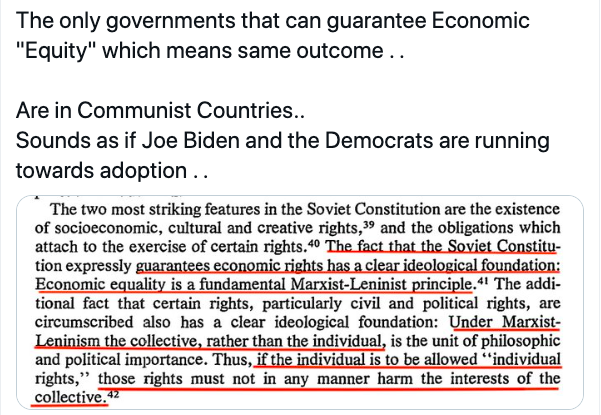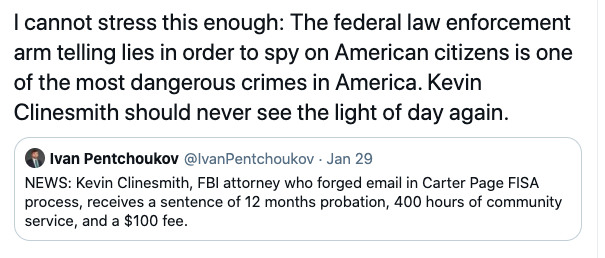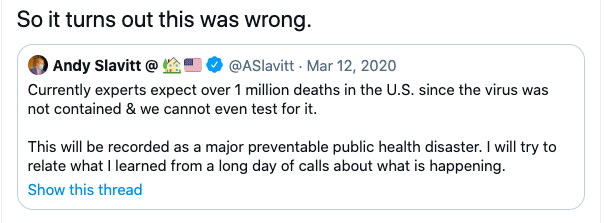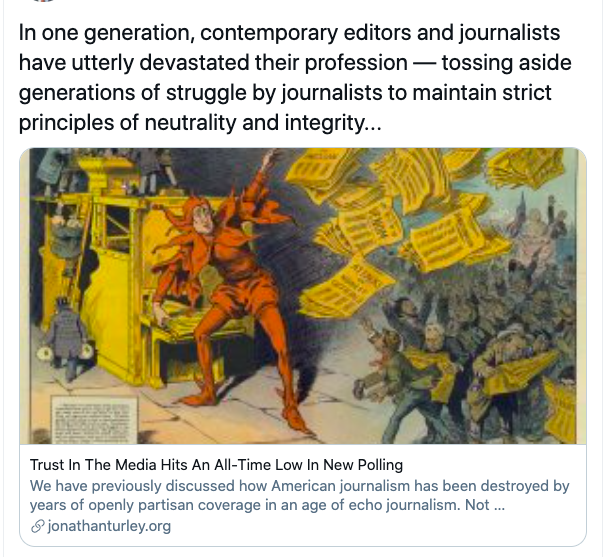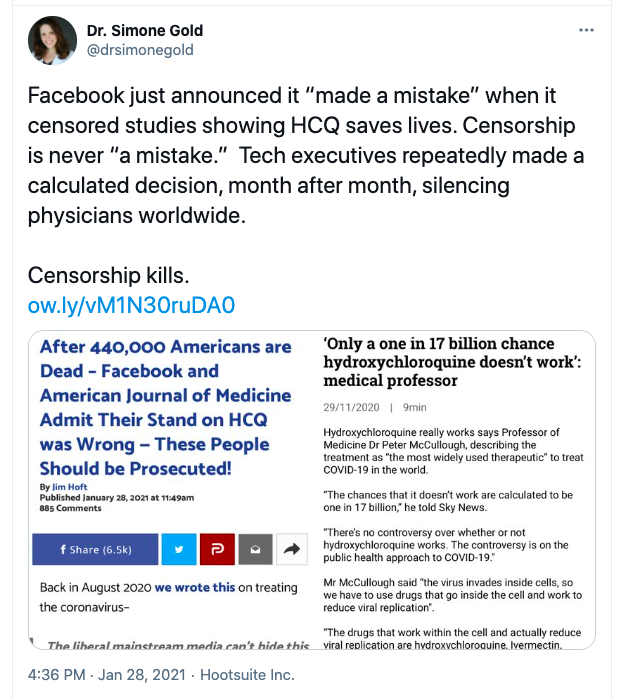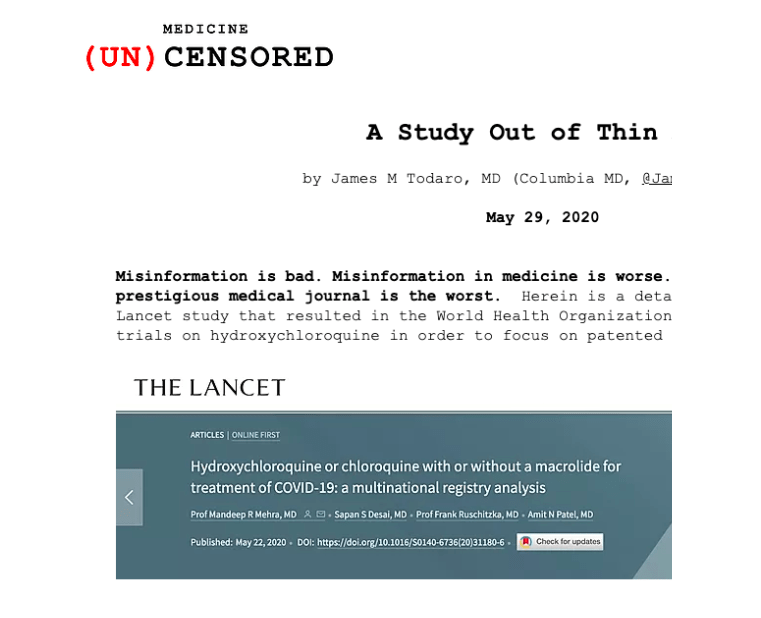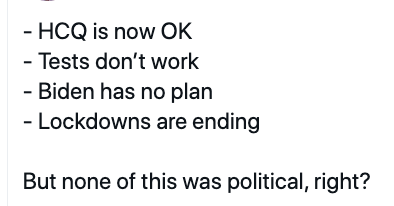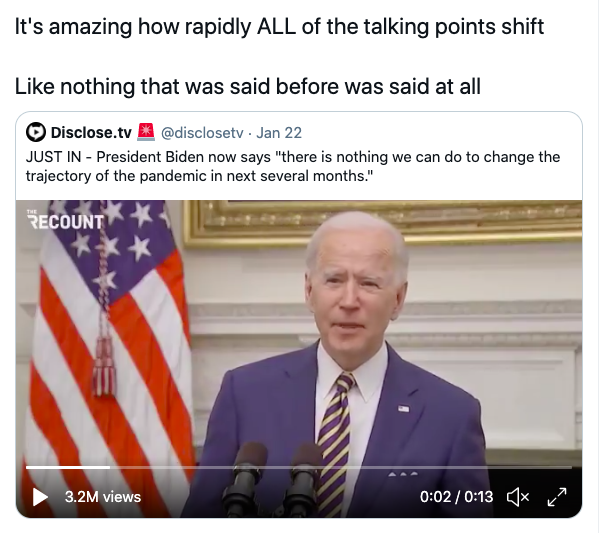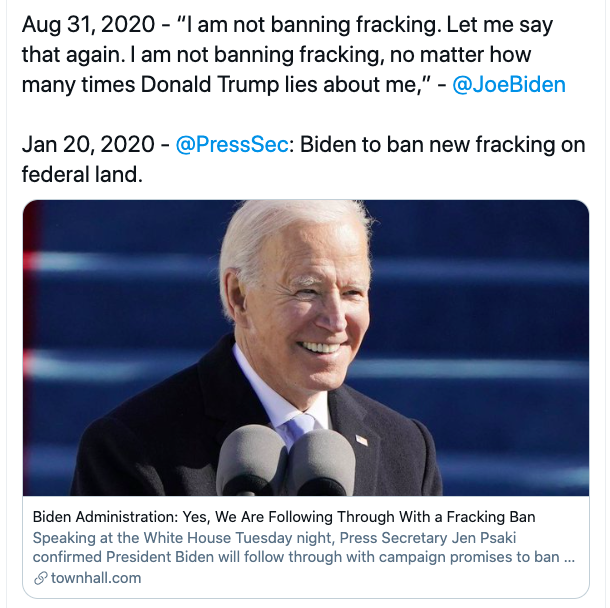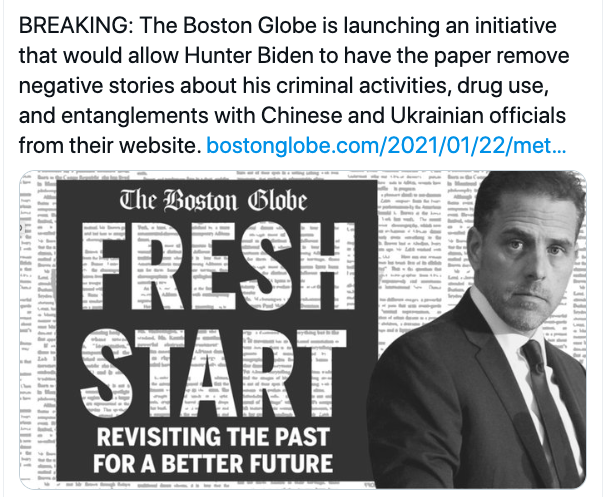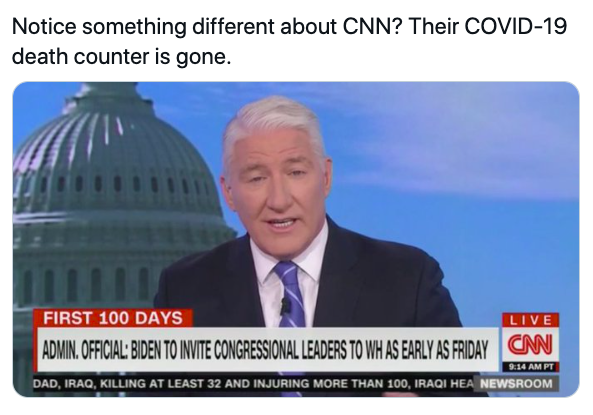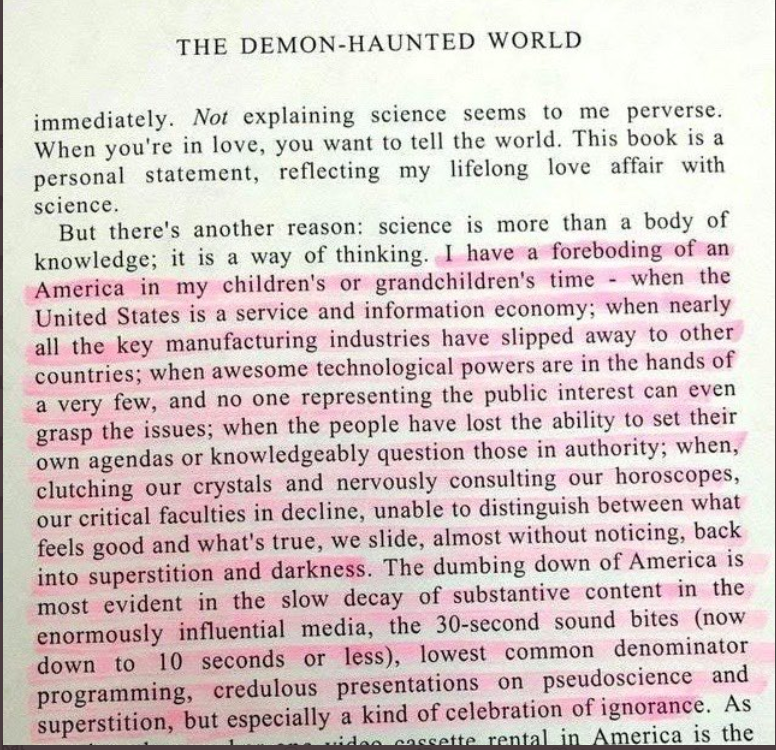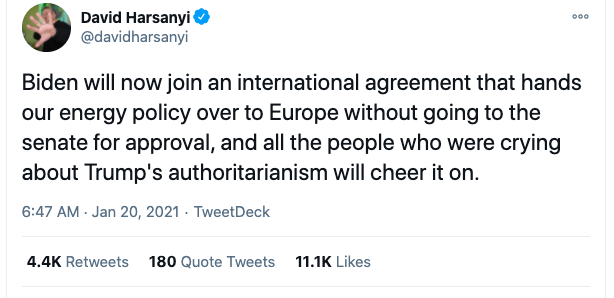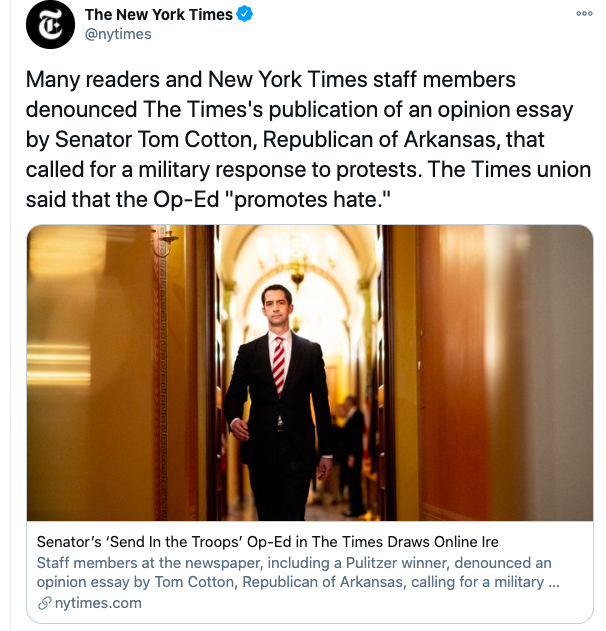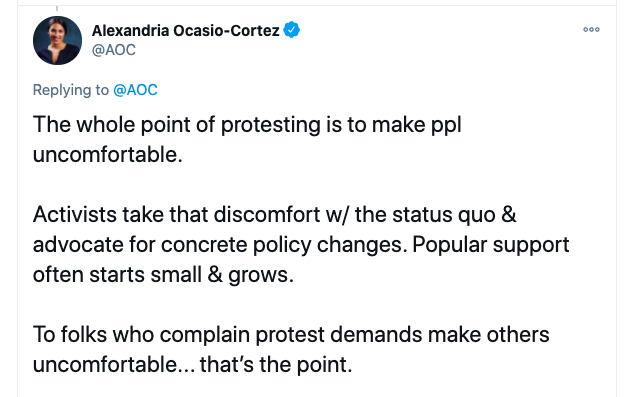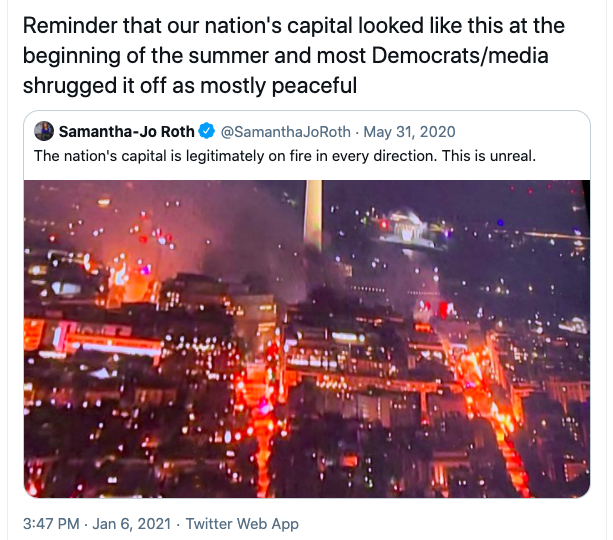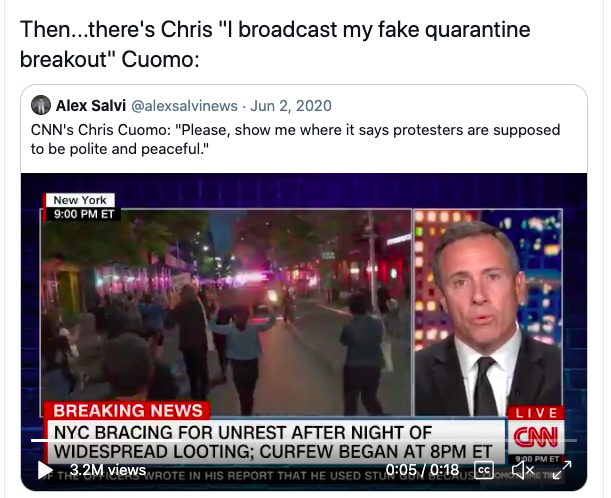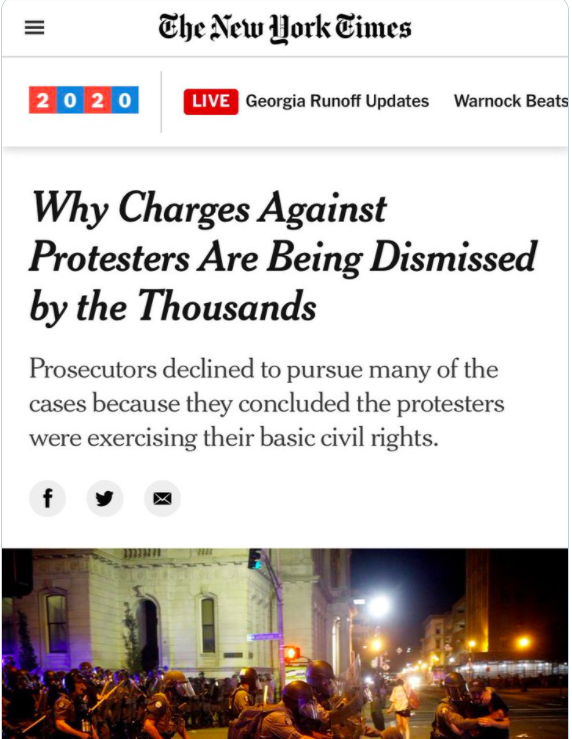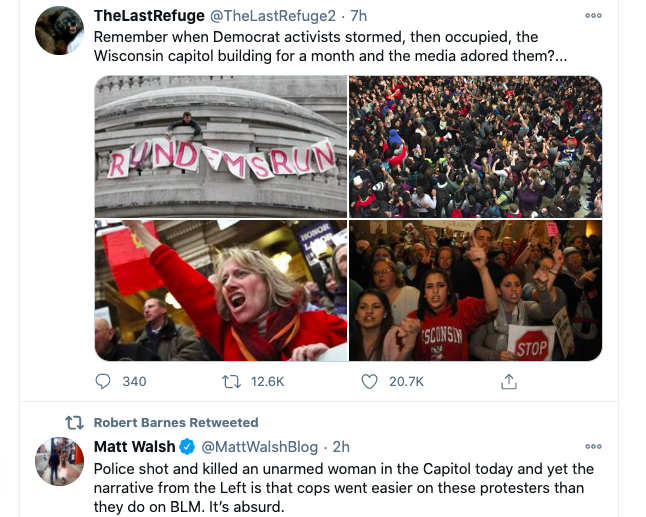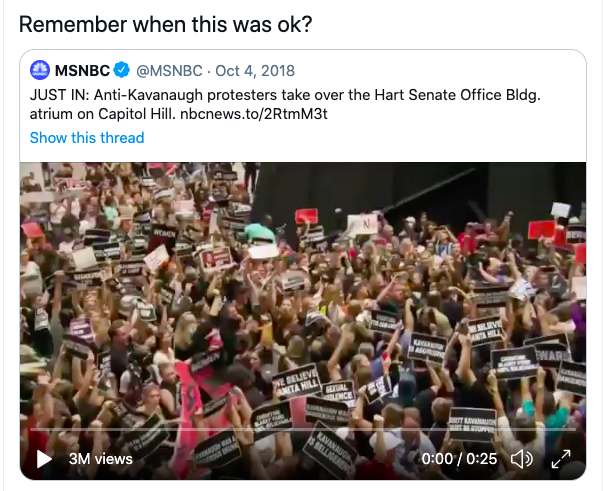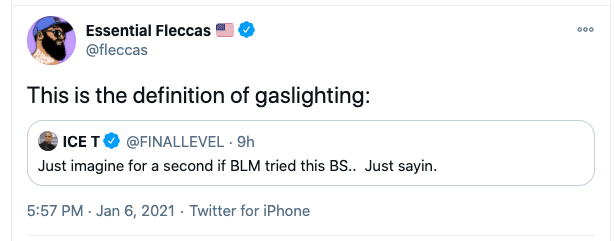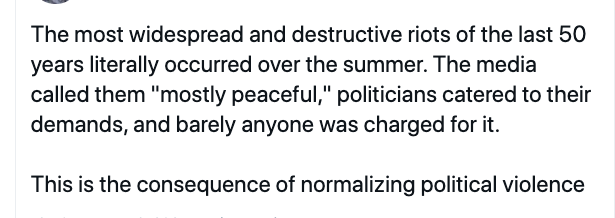Laissez faire is first and foremost a beautiful notion: leave the world alone — it manages itself.
In many ways this idea is the very seat of human civilization.
The deepest roots of laissez faire extend clear back to ancient China —specifically to a man named Zhuang Zhou (also known as Zhuangzi, 4th century BC) who, following in the footsteps of Lao Tzu, is credited by many as the first to puzzle out one of the most important principles in all of history concerning social interaction and human cooperation: that principle is the principle of spontaneous order.
Spontaneous order is “the order that emerges naturally as a result of the voluntary acts and activities of individuals.”
“Good order,” wrote Zhuang Zhou, “results spontaneously when things are left alone.”
Zhuang Zhou also wrote:
“There has been such a thing as letting humankind alone; there has never been such a thing as governing humankind with success…. The world does not need governing. In fact it should not be governed.”
Zhuang Zhou’s discovery of spontaneous order has been greatly developed and elaborated upon by any number of economists, most notably of the Austrian School, of whom Friedrich Hayek drove deepest down of all, and largely for this reason — for his detailed work on the subject of spontaneous order — Hayek was awarded the 1974 Nobel Prize in economics.
(In December of 1958, a clever fellow named Leonard Read wrote an essay entitled “I, Pencil,” in which the principle and process of spontaneous order is demonstrated in an unforgettable and irrefutable way — it is the total practical (as opposed to moral) argument against centralized planning, the utter futility of it, and it is an argument impossible to overcome, and that’s why I recapitulate “I, Pencil” below.)
Spontaneous order is the driving force behind the idea of laissez faire.
The term laissez-faire (pronounced lay-say-FAIR) derives its present-day meaning from Vincent de Gournay’s forgotten codification:
Laissez-faire et laissez-passer, le monde va de lui même.
“Let it be and let goods pass: the world goes by itself.”
People who believe in total, unadulterated laissez faire, as I do, believe that society contains within itself the capacity for ordering and managing its own path of development.
This includes ecosystems of every stripe and variety, which are clearly best managed by a system of full private property rights, and not centralized planning committees or an elite bureau who determine everything for the rest of us.
It follows thus that people should enjoy the liberty to manage their own lives, associate as they please, exchange with anyone and everyone, which includes — and please listen closely — owning and accumulating property and otherwise being unencumbered even when one grows wealthy.
For all the lip-service they pay anarchism, the egalitarians, the communitarians, the agrarians, and all other similarly minded groups, they simply do not tolerate hierarchy, neither in wealth-and-property accumulation, nor in employment structure — blotting out in their minds, of course, the incontrovertible fact that human beings possess varying degrees of motivation, drive, desire, ambition: the greatest factors in “inequality and privilege.”
It is for this reason that implementing egalitarianism in any form requires the diametric opposite of laissez faire: it requires force.
Laissez faire asks only this: you leave others alone.
Laissez faire is deeply connected with the concept of individual rights.
Laissez faire states that your rights, my rights, everyone’s rights stop where another’s begin.
There are, in the present day, two main alternatives to laissez faire, neither of which is more convincing than the other:
There is the so-called Left, which, to speak generally, believes that if we let the economic sphere be free, the world will collapse. The Left then hypothesizes all manner of disaster that will befall humankind without government control.
And then there is the so-called Right, which is every bit as misbegotten, convinced as it is that state control must happen in, for instance, your bedroom, or the world will collapse into debauchery and crime and war.
Laissez faire rejects both views — for semi-obvious reasons:
“The harmony of interests,” as Claude Frédéric Bastiat called it, which make up the social order. And the fact that human freedom is a birthright.
Laissez faire is the view that the artists and creators, the merchants and business-people, the philanthropists and farmers, the entrepreneurs and property-owners — all, in short, should be left alone.
It is the view that everyone, regardless of race, sex, sexual orientation, beauty, brawn, color, class, creed, or gender, possesses the inalienable right to her own life and property — and only her own life and property — and this is the only way for all humans to live freely.
I, Pencil
What goes into the making of a single pencil?
In 1958, Leonard E. Read asked himself that very question — and wrote an elegant explication:
I, Pencil, simple though I appear to be, have a profound lesson to teach. And I can teach this lesson better than can an automobile or an airplane or a mechanical dishwasher because—well, because I am seemingly so simple.
In his piece we’re taken step-by-step through the entire process of how a single pencil is produced.
First, there are the many materials required to make a single pencil, among them: wood, rubber, paint, lacquer, graphite, metal, zinc, wax, and many other things.
We are then shown how these materials are really only the beginning of the process, for a whole industry is in turn required to produce each of those materials.
There is, for example, the lumber industry needed to produce the wood; the mining industry to mine and mill and smelt the zinc and lead and metal; the rubber industry, of course, and the paint and graphite, and so on.
Then, within each of these industries, there are numerous subdivisions, such as chemical industries, which make up the groundwork for paint and lacquer, and the engineering companies to supply all the tools, and the shipping and transportation companies, and even the lighthouse workers to guide the ships safely into port.
Of course there is also the singular fact that our solitary pencil could neither be manufactured nor produced without all the various other forms of transportation required to get the products from place to place, and of course this transportation requires its own set of industries (not just oil), and on and on, all of which industries — and please take a moment to process this — are, in turn, no less involved than the manufacturing of the wood or graphite or rubber.
So that when everything is said and done, the making of one pencil requires thousands and thousands of people, most of whom have specialized knowledge and specialized jobs, in thousands of different industries.
Furthermore, these people come from all over the world. No centralized planning committee or commune imaginable, even with an army of super-geniuses, could organize the countless factors that go into the making of that one small pencil.
And yet in this country, as in all developed countries, pencils are so cheap and abundant that nobody thinks twice about them.
How is this so?
The answer is devilishly simple: private property and the freedom to trade that property.
It is what economists have come to call “spontaneous order.” Spontaneous order is elegant and beautiful. Spontaneous order arises from the division of labor, which is the fundamental social phenomena. The freedom to produce and trade and then reap the subsequent rewards are what bring these thousands and thousands of people, from these thousands of different industries the wide-world over, into peaceful and mutually beneficial cooperation with one another in order to produce a single pencil.
Think about that.
Think long and hard about it, I beseech you.
In fact, I insist you do.
Your entire understanding of human existence — whether you’re a billionaire, a bartender, or an artist, and whether you live in a cult, condo, or commune — depends upon it.
Your life depends upon it, I submit.
Think about some of the things you use in your day-to-day existence. Think about your private path of least resistance.
Think of your eyeglasses, which Galileo and Spinoza would have given their eyeteeth for.
Think of the exercise mat upon your floor. Think of the ab-roller for your core.
Think about the utensils you use to cook and clean your food, the cups you use to drink your potable water, and the faucets you use to turn that water off and on.
Think of the hoses and the sprinklers for your lawn.
Think of sponges and your soap.
Think of rope.
Think of your chocolate truffle and think of the package that it comes in.
Think of packaging again and again (and again).
Think of your clothing, no matter how fine or how shabby it may or may not be. Think of your underwear, down to the tag we do not see.
Think critically.
Think about your toothbrush and your toothpaste, and its tube. And the cap that goes on that tube.
Think of your lube.
Think about your medicine: aspirin, ibuprofin, Pepto, Lipator, antihistamines for the cough and wheeze.
Think of braces for your elbows and your knees.
Think of your transportation — bicycle, train, plane, bus, boat, automobile, jumbo jet, or even your walking shoes — and think of the sheer number of discrete parts that each of these things contain, and which you use.
Think of other technological breakthroughs.
Can you?
How about your jacket and its worn buttons, the lovely denim of faded blue, the toothpicks and the gum you chew?
Your bedding and your hygiene and your make-up.
Think of the alarm clock that every morning helps you wake up.
Think of your books and your paints and paintbrushes. Your chisel and hammer.
Your megahertz of memory if your a computer programmer.
Think of your keyboard and your mouse, your voice-recognition software.
Think of filters for your water and air.
Think about your entertainment: wine and wine bottles, dark beer. Think of all the brandy that you’ve consumed or stored.
Think of your playing cards or tarot cards or magic cards, your hoops, your chess-or-checker-board.
Think of packaging again. Think of the packages that all your things arrive in.
Think of your gardening equipment, or any other metal or wood or plastic or glass items you may use.
Think of your ball-peen hammer and your nails and your screws.
Think of your tape measures and pliers, your wrenches, your saws and your multicolored chalks.
To say nothing of your electricity — the lights, the cameras, the watches, the clocks.
Your computers and modems, MP3’s and stereos, word-processors and photo-editing software — and of course your phone, your phone, without which you’d be alone.
And televisions and lights (“More light!” said Goethe, then died) and musical instruments and medical equipment and rocket ships and edible water bottles…
Think of anything. Think of airplane models.
Look around you. Is your chair metal or wood? Does your desk or table have bolts and nails?
Notice details.
I insist, I positively insist.
Think of me as a kind of oculist.
Because I promise you — I absolutely promise — that the filthy, hardcore industry, which I believe in and love so much, the industry that went into producing, for instance, just one small component of your phone, or your bicycle, or the paperback book in your hand, or the shoes on your feet, or the glasses on your face, or the contact lenses in your eyes, or the ring in your navel, nose, or nipples, or the needles which tattooed your skin, that industry was amplified a thousandfold compared with one solitary pencil, no matter how cheap or how thin.
So please take one more look — and then look again.
Take one more look at the blue-black ink across your skin.
There’s a moral to this story and that moral is this:
Embrace technology.
Look suspiciously on the buzzword ecology.
Technology got us to this point. Only technology can get us beyond.
It is a magic wand.
There’s something profoundly paradoxical in the quest for less technology and a more simple way of life, while flying the world in jumbo jets. In fact, it’s about as paradoxical as it gets.
Celebrate, rather, human progress and specialization.
Celebrate the division of labor that technology creates, thereby freeing us all to pursue the things we most enjoy and at which we excel, since we are no longer each yoked to the task of day-to-day, week-to-week, month-to-month survival, but can trade freely and peacefully with those who have the things we need and want, in exchange for the things we ourselves have in turn worked to produce — being no longer condemned to a life of drudgery and tedium.
(Money is only a medium.)
Celebrate individualization.
Celebrate civilization.
Civilization is the progress toward independent, private lives, wherein we are no longer dominated by the group, gang, tribe, or community but live freely: free to associate with others as we please, or not.
This is the fundamental thing you’ve never been taught.
It’s the only thing that’s truly sustainable. It’s what you’ll never hear from any of the postmodernists, the intellectuals, the politicos, the hipsters, the academic phonies and imposters:
Celebrate human freedom and the independent mind that freedom fosters.



